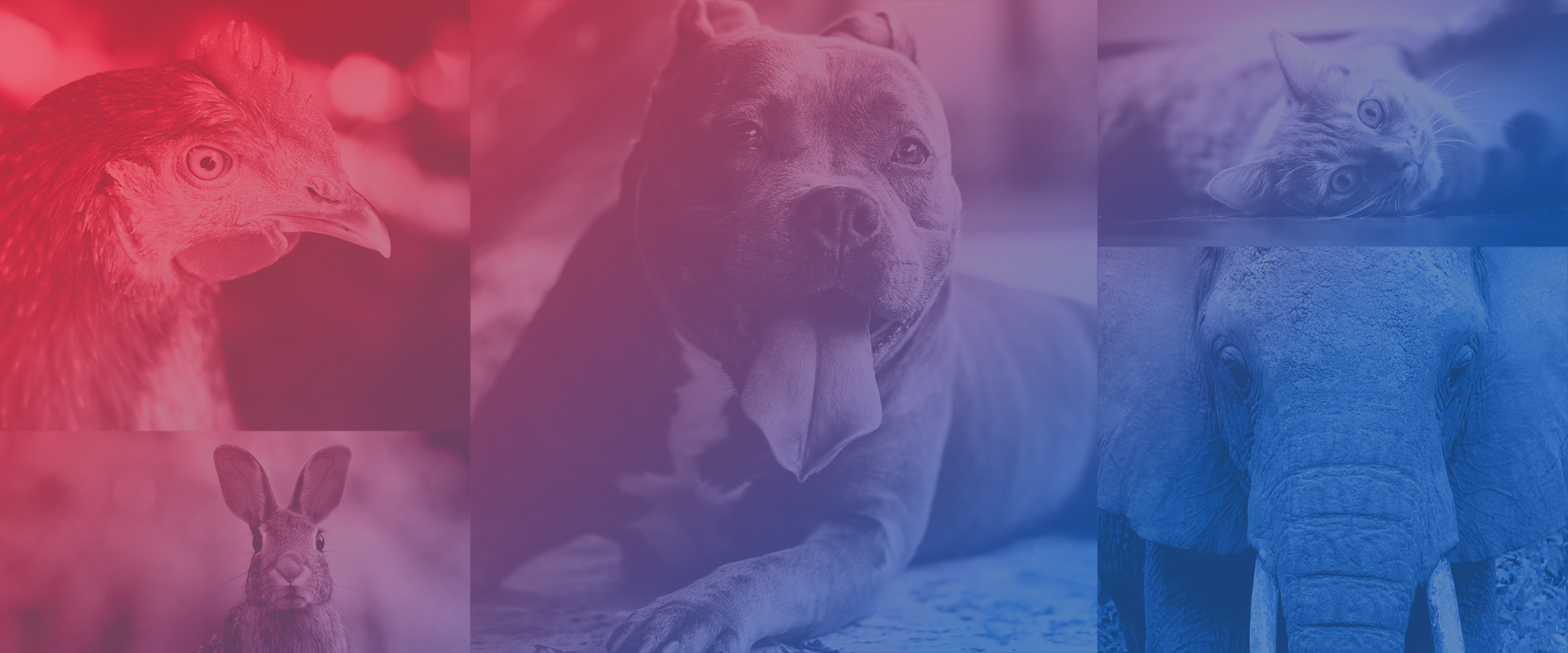
We help elect candidates who support animal protection, lobby for strong laws to stop animal cruelty, and hold elected officials accountable to humane voters

Why We’re Different
VFAR focuses exclusively on political advocacy for animals in New York. We mobilize voters and organize lobbying efforts to give a voice to animals. Through the political process, we are building a coalition of advocates seeking to strike at the root cause of animal abuse and cruelty, which is a lack of fundamental rights and laws to protect them.
We campaign for all animals.
Explore Our Current Agenda Issues
-
 Protecting the rights
Protecting the rights
of tenants with
companion animals
Protecting the rights of tenants with companion animals -
 Advocating for cat
Advocating for cat
rescuers and TNR
Advocating for cat rescuers and TNR -
 Defeating the
Defeating the
federal EATS Act
Defeating the federal EATS Act -
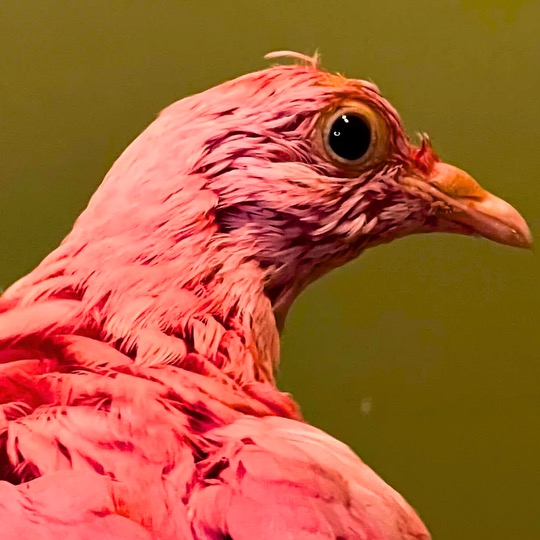 Banning commercial
Banning commercial
bird releases
(dove releases)
Banning commercial bird releases (dove releases) -

 Prohibiting wildlife
Prohibiting wildlife
killing contests
Prohibiting wildlife killing contests -
 Stopping the
Stopping the
sale of adhesive
animal traps
Stopping the sale of adhesive animal traps -
 Ending the sale
Ending the sale
of kangaroo
leather
Ending the sale of kangaroo leather -
 Ending Captivity
Ending Captivity
of Elephants
in Zoos
Ending Captivity of Elephants in Zoos -
 Protecting
Protecting
Aquatic
Animals
Protecting Aquatic Animals -
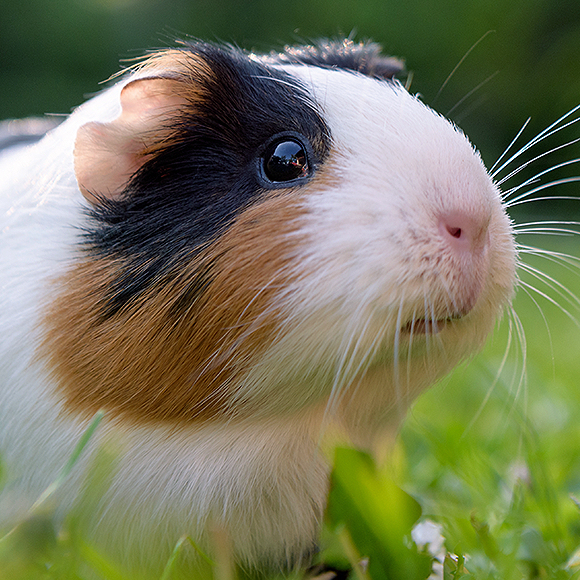
 ENDING THE
ENDING THE
SALE OF
GUINEA PIGS
ENDING THE SALE OF GUINEA PIGS Problem:
Guinea pigs are often impulse buys. Because they are sensitive animals with complex needs, families often surrender them after the novelty wears off, creating a crisis in our city’s animal shelters and rescues; the pandemic has made it unmanageable. Additionally, New Yorkers have been abandoning guinea pigs in city parks, which is a death sentence for the animals. They cannot survive in the wild and will either starve to death or be attacked by predators such as hawks and falcons.
Solution:
Voters For Animal Rights (VFAR) is proud to support the re-introduction of Intro 4, legislation by Deputy Speaker Diana Ayala that would prohibit the sale of guinea pigs in New York City. Such a law would not only prevent guinea pigs from overburdening our city’s animal shelters and rescues but it would also encourage the adoption of guinea pigs from Animal Care Centers of New York City (ACC), whose staff is facing an unprecedented and challenging increase in the intake of guinea pigs. This bill is common sense, humane legislation, like that which successfully banned the sale of rabbits in New York City pet stores in 2014. -

 BANNING
BANNING
SALES OF
DOGS, CATS & RABBITS
IN PET STORES
BANNING SALES OF DOGS, CATS & RABBITS IN PET STORES Problem:
The puppy, kitten and rabbit mill-to-pet store pipeline creates lives of misery from beginning to end. Breeding facilities and pet store have repeatedly been found to have poor sanitation, infectious disease, animals overcrowded in cages with no exercise, lack of proper veterinary care, lack of protection from harsh weather conditions, and lack of adequate food and water. These conditions result in great suffering, and many sick offspring are sold to unaware consumers. With millions of homeless animals languishing in shelters, why should pet stores and breeders be allowed to profit off the backs of animals?Solution:
VFAR supports S1130 (Senator Michael Gianaris)/ A4283 (Assembly Member Linda Rosenthal). This legislation would ban the sale of dogs, cats and rabbits in pet stores, while allowing pet stores to offer rescues the opportunity to hold in-store adoption events. No money from an adoption fee would be permitted to go to the pet store. We also support Reso 798 by Council Member Justin Brannan, which encourages New York State to swiftly pass the state bill. -
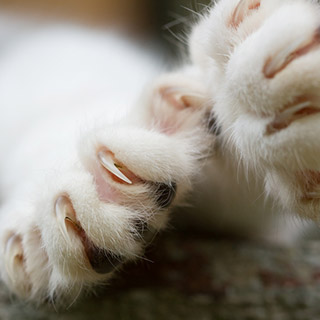
 ENDING
ENDING
THE PRACTICE OF
CAT DECLAWING
ENDING THE PRACTICE OF CAT DECLAWING Problem:
Declawing, or onychectomy, is a major surgical procedure involving multiple amputations of the last bone of each of your cat’s toes. It is not a surgery that removes just the nails, but in fact a complex surgery that is incredibly detrimental to felines and has been found to be an unnecessary procedure — both scientifically and ethically. Declawing can cause serious short- and long-term physical problems such as painful paws, infections, and tissue death and also behavioral issues such as aggression and/or inappropriate soiling. Cat declawing can also endanger humans as cats will revert to biting in order to defend themselves. Contrary to popular belief, cat surrenders to animal shelters do not increase after a declaw ban is enacted. Shelter studies conducted by the Paw Project in 2015 showed that there were lower owner-surrender cat intakes post legislation, reporting a 43% reduction.Solution:
VFAR stands by humane alternatives to declawing and is looking forward to New York joining the European Union, the U.K., Australia, Brazil, Israel, Denver and several California cities in banning this practice. We support state legislation A1303/S5532 by Assembly Member Linda Rosenthal and Senator Michael Gianaris and local legislation (Intro 1477) by Council Member Justin Brannan that would ban cat declawing in New York State and New York City, respectively. -
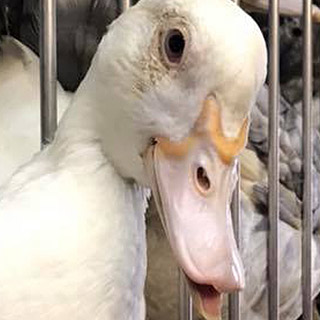
 STOPPING THE
STOPPING THE
SALE OF FORCE-FED
GEESE AND
DUCK PRODUCTS
STOPPING THE SALE OF FORCE-FED GEESE AND DUCK PRODUCTS Problem:
Foie Gras, or fatty liver, is produced with massive animal suffering. To enlarge the livers of ducks and geese, workers jam metal poles down the animals’ throats in order to feed them up to four pounds of food per day. This process, known as “gavage”, causes the birds’ livers to swell ten times their normal size.Multiple undercover investigations of Hudson Valley Foie Gras (the only foie gras producer in New York) from organizations like Mercy For Animals and PETA show malicious animal torture including death from force-feeding, ducks hyperventilating as their unnaturally large livers pressed against their lungs, birds with open, bleeding wounds left to suffer in tiny wire cages without proper veterinary care, and fully conscious ducks being shackled upside down and having their throats cut open. One investigation found that a single worker was expected to force-feed 500 birds three times each day.
Solution:
California has banned the sale of foie gras along with a dozen countries. Because of its cruelty, businesses like Costco, Safeway, Target, Whole Foods Market, and Wolfgang Puck have also refused to sell the diseased liver products. It’s time New York City takes a stand. We support Intro 1378, sponsored by New York City Council Member Carlina Rivera. This legislation would prohibit the sale of foie gras from force-fed birds. -
 SHUTTERING
SHUTTERING
SLAUGHTERHOUSES
IN OUR
NEIGHBORHOODS
SHUTTERING SLAUGHTERHOUSES IN OUR NEIGHBORHOODS Problem:
There are approximately 80 slaughterhouses and live markets in New York City, in all five boroughs – more than any other U.S. city. These storefront abattoirs pose a significant health and safety hazard to the community. Blood, feces, urine, entrails, dismembered body parts, and feathers are normally found on our public sidewalks and streets due to the unsanitary conditions associated with the business of killing. They are a breeding ground for infectious diseases. Countless New Yorkers walk and roll strollers and wheelchairs through the filth every day, tracking bacteria and pathogens into their homes, around our city, and beyond. Many of these slaughterhouses are located dangerously close to schools and playgrounds. When large animals escape, it puts us all in danger of potentially fatal accidents. In addition to the physical dangers, offensive odors can be smelled, and the screams of animals can be heard for blocks — negatively affecting all in the immediate area. Slaughterhouses also lower property values of the surrounding area.Due to these concerns, and thanks to advocates from HSUS, New York State enacted a law in 2008 which prohibits the licensing of any new slaughterhouse within 1,500 feet of a residence in NYC. This law must be renewed every four years, and thanks to Governor Cuomo and the New York State legislature, it was renewed in 2012 and 2016.
Solution:
VFAR proposes to introduce similar legislation at the city level to permanently ban the licensing of slaughterhouses anywhere within city limits. We look forward to working with the City Council to improve the health and safety of our city and its residents. We believe that most New Yorkers agree: slaughterhouses do not belong in our neighborhoods. -
 JOINING
JOINING
OTHER CITIES IN
BANNING THE
SALE OF FUR
JOINING OTHER CITIES IN BANNING THE SALE OF FUR Problem:
It’s no secret that the fur industry is unthinkably cruel. Fur farms breed and confine animals in tiny, filthy cages where they suffer intense stress. They are beaten, bludgeoned, anally/vaginally electrocuted, and often skinned alive. And trapping animals in the wild is no better! Animals are trapped in cruel leg hold traps where they can suffer for days in excruciating pain — starving, until the trapper returns to shoot or bludgeon them to death. Mother coyotes are known to attempt to chew off their own legs trying to break free, desperate to get back to their young pups. Many other animals are unintentionally caught and killed in these traps, including household pets.Solution:
We support Intro 1476, sponsored by Speaker Corey Johnson, that would ban the sale of fur in NYC. We also support the proposed state ban on the sale of fur by Assembly Member Linda Rosenthal (A5040). We take the bold stand against a cruel and dying industry and position ourselves on the right side of history. West Hollywood, Berkeley, and San Francisco have enacted bans on the sale of fur and NYC will join them as progressive pioneers. Several countries — Norway, Croatia, Czech Republic, Germany, Japan, and the U.K. — have taken steps to close fur farms. With public awareness and innovative alternatives on the rise, popular designers such as Versace, Gucci, Michael Kors, BCBG Max Azria, Gap Inc., and The North Face have stopped using all animal fur. New York can get quite cold, but there is never an excuse to contribute to such suffering when so many viable, stylish, and warm ethical alternatives exist such as Vaute Couture, Hemp Hoodlamb, Wully Outerwear, Save The Duck, Noize, and more. Join us in this momentous undertaking. -

 TOUGHER
TOUGHER
PENALTIES FOR
CAPTURING
WILD BIRDS
TOUGHER PENALTIES FOR CAPTURING WILD BIRDS The extremely brutal Pennsylvania pigeon shooting contests are largely supplied with pigeons cruelly and illegally stolen from the streets of New York City. Our urban wildlife friends are painfully captured by hired guns of the pigeon shoot industry who prey on flocks of peaceful birds by throwing them seeds and then violently capturing them in a huge net that clamps shut in seconds, often breaking the birds’ legs or wings. These birds are then driven in confinement to be sold for use in the last-remaining pigeon shoots in PA where they are kept in tiny dark cages with no food or water prior to being shot, and killed at close range in killing contests. Even though this capturing of pigeons and other wild birds in NYC is illegal, the current laws provide only for a violation — similar to a traffic ticket. These weak laws, which are also murkily-written, make it extremely difficult for the NYPD Animal Cruelty Investigation Squad and other police officers to make meaningful arrests due to the turnstile cycle of bird netters paying fines and cruelly netting pigeons as soon as the very next day.
-
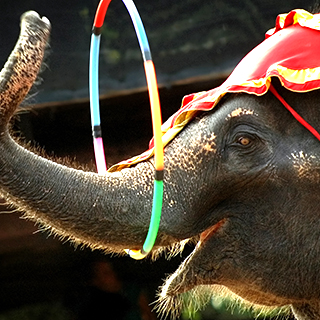 enforcing
enforcing
the ban on
animals in
circuses
enforcing the ban on animals in circuses In 2017, VFAR helped lead the effort to pass Intro 1233 into law, which banned the use of wild animals in circuses in NYC. This was our first victory, and We are grateful to the City Council and Mayor de Blasio for taking this bold step!
But now, the circus industry is trying to gut the law by introducing a new bill, Intro 57, that would delay implementation of the ban by at least two years. We oppose this effort to proliferate the suffering of circus animals, and will fight to keep the effective date of the law (October 1, 2018) in place. You can help by calling your City Council Member and urging them to OPPOSE Intro 57.
-
 healthy
healthy
plant-based
food for
New Yorkers
healthy plant-based food for New Yorkers We support the efforts of Brooklyn Borough President Eric Adams and Council Member Fernando Cabrera, who introduced Reso 238 which calls on the New York City Department of Education to ban processed meats from being served in New York City public schools. We also support Reso 551 by Council Member Helen Rosenthal, which recognizes ‘Meatless Monday” in NYC: a national and international campaign that encourages people to enjoy meat-free meals on Mondays to improve their personal and public health, animal welfare, wildlife protection, and environmental and agricultural sustainability.
-
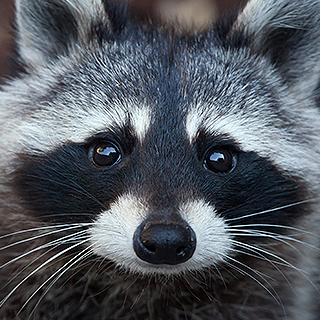 protecting
protecting
ny wildlife
protecting ny wildlife We support the WildlifeNYC initiative to promote awareness and co-existence with urban wildlife. We advocate for humane strategies to conflicts with urban wildlife, support efforts to aid groups and individuals working in wildlife rescue and rehabilitation, and support efforts to address risk of migrating birds collisions with glass buildings.
-
 alternatives
alternatives
to using animals
as classroom
science projects
alternatives to using animals as classroom science projects We are working to introduce legislation that would stop the use of live animals in classroom science projects and making dissection projects a thing of the past.
-
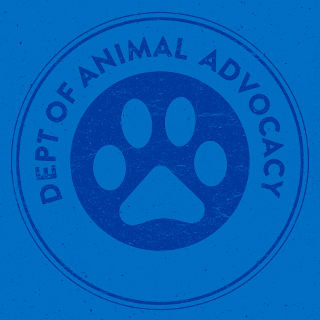
 Create a department
Create a department
of animal advocacy
within ny government
Create a department of animal advocacy within nyc government We are working on legislation to create a NY Department on Animal Protection.
-

 Building
Building
Animal Shelters
In The Bronx
& Queens
Building Animal Shelters In The Bronx & Queens -

 Supporting
Supporting
the Single-Use
Plastic Straw
Ban in NYC
Supporting the Single-Use Plastic Straw Ban in NYC -
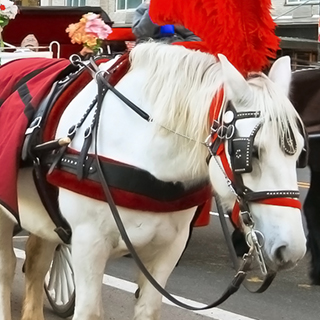 Ending the
Ending the
Horse Carriage
Industry in NYC
Ending the Horse Carriage Industry in NYC -

 Banning
Banning
the Sale of
Animal-Tested
Cosmetics
Banning the Sale of Animal-Tested Cosmetics -
 Bella's Bill:
Bella's Bill:
Strengthen NY's
Outdated Animal
Cruelty Laws
Bella’s Bill: Strengthen NY’s Outdated Animal Cruelty Laws -
 Promoting
Promoting
Humane Education
In All New York
Schools
Promoting Humane Education In All New York Schools
